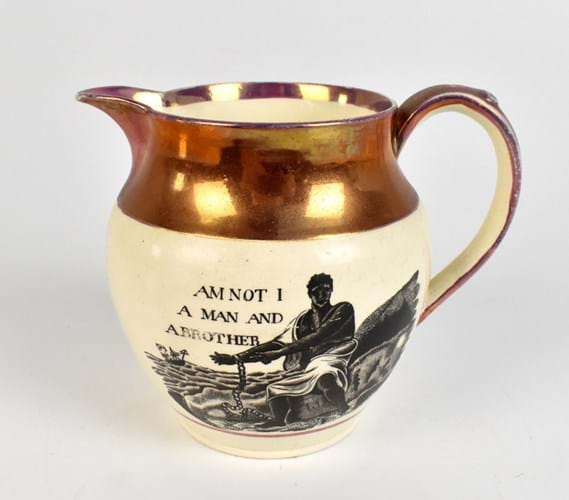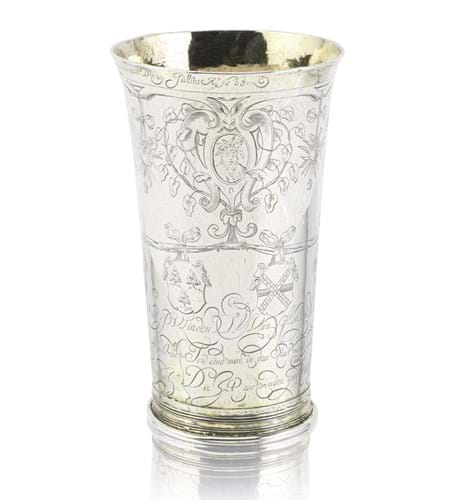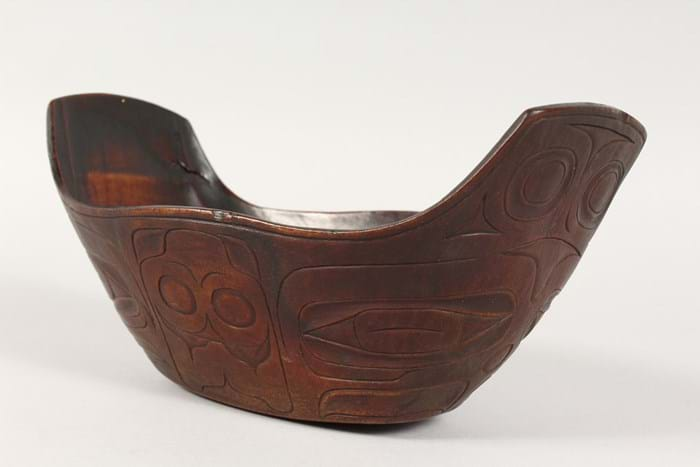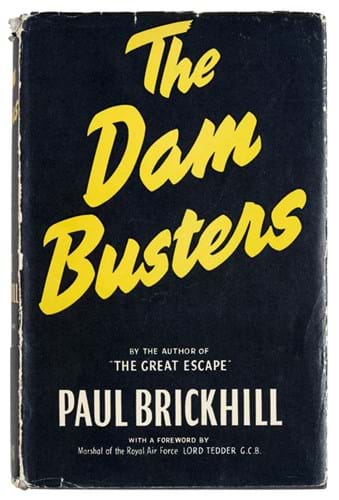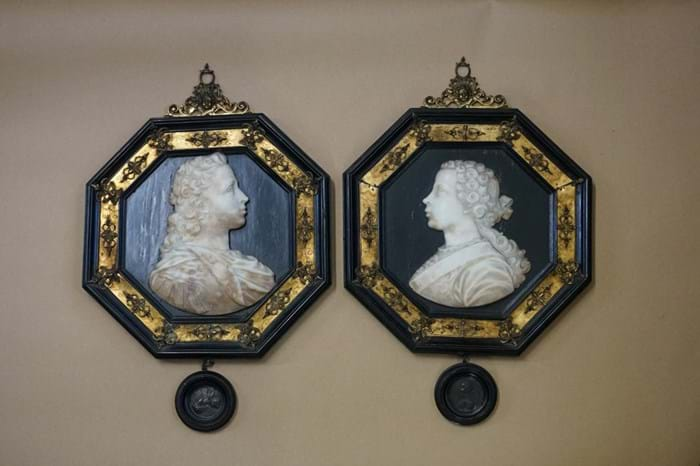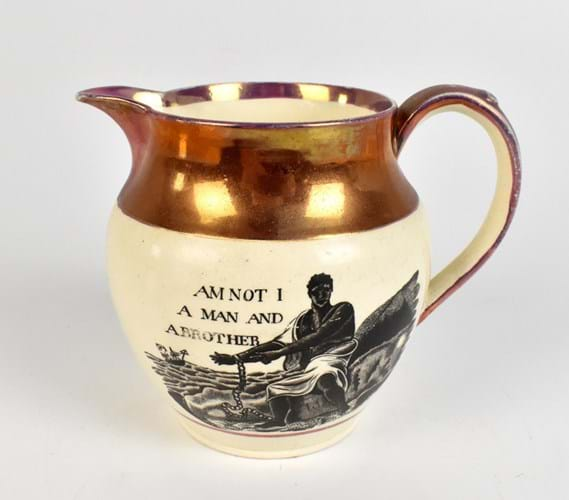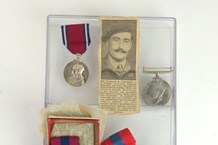1. 17th century Dutch silver beaker – £28,000
This 8in (20cm) 17th century Dutch silver beaker by the Delft silversmith Pieter Groen, sold by Bonhams on December 18, includes a series of presentation inscriptions relating to the city’s educational system. The underside of the base is engraved with a scene of a teacher and his pupils.
Dated 1667, it was made at a time when the Dutch education system was becoming secularised. Translated into English, the inscriptions read The School Orders in the City of Delft were published on 29 July A[nn]o 1663 and (alongside six names) These are the promoters of our exams and orders whereby this city will create good school teachers, under the wise guidance of our Magistrate who are good enough to enter into their new job for the benefit of society.
Pieter Groen became a master of the Delft silversmiths' guild in 1646, and was four times appointed assayer, the last time in 1668. This fine example of his output was guided at £3000-4000 but sold at £28,000.
2. Native American grease bowl – £26,000
Although described as ‘possibly Maori’ and estimated at just £20-30, this 9in (18cm) carved wooden vessel was more probably made in the Northwest Coast of America by the Haida or Tlingit peoples.
Grease bowls such as this were used to served food – the largest vessels made for great feasts, the smaller domestic bowls used in the family home. Typically, they held ‘eulachon’ (candlefish oil) or rendered seal oil, an important food source used as an accompaniment to the dried fish or meats.
Despite the cataloguing, it was spotted by a number of knowledgeable bidders and sold for £26,000 at John Nicholson in Haselmere on December 17.
The buyer was from Canada.
3. Presentation copy of ‘The Dam Busters’ – £7500
This very special presentation copy of The Dam Busters by Paul Brickhill sold for £7500 (estimate £1000-1500) at Dominic Winter in South Cerney on December 16.
In addition to being a first edition from 1951, it is inscribed by the author to the front free endpaper, ‘For Barnes Wallis - Without whom there would have been no squadron [617 Squadron] and no book. With warmest regards, Paul Brickhill, London, Oct. 1951’.
It is further inscribed with neat pencil notes by Molly Wallis, the wife of ‘bouncing bomb’ inventor Barnes Neville Wallis (1887-1979). Most are personal reminiscences: for example on page 68 Molly concurs that Wallis was getting very little sleep and then, further down, disagrees with Brickhill describing Wallis taking his hat off: ‘Rubbish, he never wears a hat’.
This was the book that, with the follow-up film in 1955, helped cement Wallis’s place in the history books of the Second World War. It came for sale by direct descent from Barnes Wallis.
4. Jacobite roundels – £19,500
These Jacobite roundels carry the portraits of Charles Edward Stuart (1720-88) and his brother Henry Benedict Stuart (1725-1807).
Bonnie Prince is shown in his youthful pomp, shortly before 1745 and all that followed, while Henry, the final Jacobite heir to publicly claim the thrones of England and Scotland, appears as an adolescent.
Both of the Stuart brothers spent much of the lives in Italy (both were born, raised and died in Rome and it is probably that these portrait plaques, rendered in alabaster with octagonal ebonized and brass mounted frames, were made c.1740 to appeal to Jacobite milords enjoying the Grand Tour.
Each of the 12in (30cm) roundels suspended bronze medals reading 'Legitimacy of the Jacobite Succession'.
The rare pair were guided at £2000-3000 at Stride & Son of Chichester on December 18. However, multiple admirers and keen bidding took the pair to £19,500.
5. Anti-slavery jug – £1150
A collection of English pottery offered by Adam Partridge in Macclesfield on December 16 included this early 19th century copper lustre and transfer printed ‘anti-slavery’ mug.
To the front is a scene of a slave in chains inscribed with the motto Am not I a man and a brother? To the reverse is a stanzas from William Cowper’s 1788 poem The Negro’s Complaint. It reads ‘The Negro's fleecy locks and black complexion cannot forfeit nature's claim, Skins may differ but affection dwells in white and black the same, Slaves of gold whose sordid dealings tarnish all your boasted powers, Prove that you have human feelings ere boldly question ours’.
‘Emancipation pottery’ as it sometimes known was sold at antislavery fairs or gatherings where lectures and sermons were given. It was through objects such as this that British abolitionists made their case, first for the end of the trade in human cargo (banned on British shipping in 1807) and finally for the abolition of slavery itself in 1833.
This 4.5in (11.5cm) jug, with a 2cm hairline crack from the spout was made in either Sunderland or Staffordshire c.1820. Estimated at £30-50, it took a costlier £1150.
These are rare pieces but another, in silver lustre, was offered at Bristol Auction Rooms in July 2020 where it sold at £1200. Another, with some restoration, sold for £380 at Woolley & Wallis in 2006.


